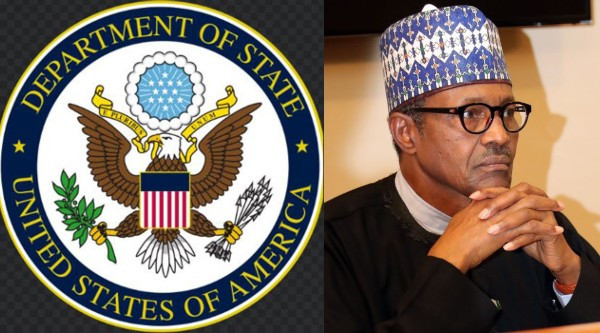
The US government has asserted that there is compelling evidence to support claims of voter intimidation by operatives of the Nigerian army and Department of State Services, as well as intimidation of electoral officials and election observers during the 2019 general election.
In its 2019 country reports on human rights practices, the US Department of State insisted that the 2019 election, which did not encourage sufficient voter participation, was marred by violence and other irregularities, particularly in the Southern part of the country.
The report stated that “there was evidence military and security services intimidated voters, electoral officials, and election observers. In addition, violence in several states contributed to lower voter participation and added to the sentiment that the army is a tool of the ruling party in many parts of the country, particularly in the South.” The report also highlighted instances of violence and military involvement in electoral processes, including during the vote collation process, which significantly affected the governorship election in Rivers State.
The report, spanning 46 pages, further alleged that vote-buying was historically high during the 2018-19 electoral season, especially in Kano and Osun State. It also suggested that the Nigerian judiciary is susceptible to intimidation by the executive and legislative branches of government, citing corruption and poor pay for judicial officers as factors hindering the third arm of government from functioning independently.
According to the report, “although the constitution and law provide for an independent judiciary, the judicial branch remained susceptible to pressure from the executive and legislative branches. Political leaders influenced the judiciary, particularly at the state and local levels.” It further highlighted the impact of understaffing, underfunding, inefficiency, and corruption on the functioning of the judiciary, as well as the lack of continuing education requirements for attorneys.
The US Department of State also raised concerns about the lack of oversight for judges at the local level contributing to corruption and miscarriages of justice in local courts.
